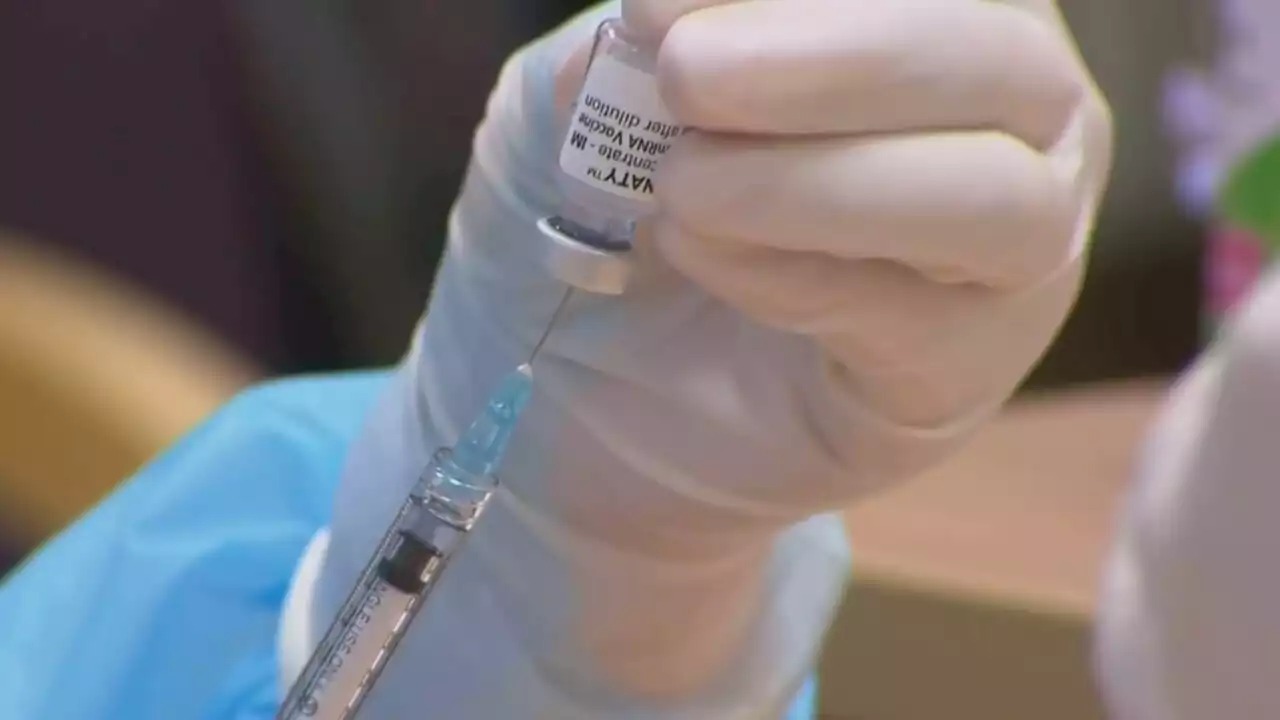Research adds to concerns about the impact of human noise pollution on marine life
We have all experienced the frustration of trying to hold a conversation in a loud pub or restaurant. Now researchers have shown that dolphins may face a similar scenario, showing that they “shout” to each other when faced with background noise.
“In a very noisy pub we find ourselves increasing the volume of our voice,” said Pernille Sørensen, a graduate student at the University of Bristol and first author of the research, published in the journal Current Biology. “Dolphins respond in a similar way – they’re trying to compensate but there are some miscommunications.”Dolphins are social, intelligent animals, relying on clicks and whistles to communicate and using echolocation to hunt and navigate.
When increasing levels of noise were played from an underwater speaker, both dolphins compensated by changing the volume and length of their calls to coordinate the button press. Nevertheless, they could not entirely compensate. From the lowest to highest levels of noise, the dolphins’ success rate dropped from 85% to 62.5%, according to the research.
The highest noise levels were comparable with what are sometimes experienced in marine environments as a result of shipping and drilling.
Philippines Latest News, Philippines Headlines
Similar News:You can also read news stories similar to this one that we have collected from other news sources.
 Niemann accuses Carlsen of paying fellow chess player €300 to shout abuseThe US teenager Hans Niemann has accused world champion Magnus Carlsen of paying a fellow grandmaster €300 to scream “Cheater Hans” from a public balcony during a tournament
Niemann accuses Carlsen of paying fellow chess player €300 to shout abuseThe US teenager Hans Niemann has accused world champion Magnus Carlsen of paying a fellow grandmaster €300 to scream “Cheater Hans” from a public balcony during a tournament
Read more »
 Children in Australia’s poorest households have about 10% chance of becoming top earners, research showsTreasury research found most severe poverty is ‘particularly entrenched’, but children far more likely to progress than in US
Children in Australia’s poorest households have about 10% chance of becoming top earners, research showsTreasury research found most severe poverty is ‘particularly entrenched’, but children far more likely to progress than in US
Read more »
 Breakthrough in therapy to treat Parkinson’s diseaseAustralian researchers say they've made a huge breakthrough in the treatment of those with Parkinson’s disease. Neuroscience Research Australia is hoping - with the funding from Shake It Up Australia Foundation - to accelerate the research so that it may reach human trials. Researcher Professor Carolyn Sue said the new method to treat the disease “will actually help provide energy, a renewable source of energy to the braincells of patients with Parkinson’s disease”. “It works by providing a protein which will help the batteries of the cell- the mitochondria, to recharge themselves and provide that vital energy that the cell needs to be able to work properly,” Professor Sue told Sky News Australia. “At the moment, most treatments treat the symptoms only.”
Breakthrough in therapy to treat Parkinson’s diseaseAustralian researchers say they've made a huge breakthrough in the treatment of those with Parkinson’s disease. Neuroscience Research Australia is hoping - with the funding from Shake It Up Australia Foundation - to accelerate the research so that it may reach human trials. Researcher Professor Carolyn Sue said the new method to treat the disease “will actually help provide energy, a renewable source of energy to the braincells of patients with Parkinson’s disease”. “It works by providing a protein which will help the batteries of the cell- the mitochondria, to recharge themselves and provide that vital energy that the cell needs to be able to work properly,” Professor Sue told Sky News Australia. “At the moment, most treatments treat the symptoms only.”
Read more »
 Rip guides: can beach safety lessons from lifeguards help prevent drownings in Australia?Our research team hope that a more collaborative model of risk reduction will cut the toll on our country’s coast
Rip guides: can beach safety lessons from lifeguards help prevent drownings in Australia?Our research team hope that a more collaborative model of risk reduction will cut the toll on our country’s coast
Read more »
 Australia does better on economic mobility than many countries, but it may be harder for future generationsTreasury research shows Australians have a better chance of improving their financial standing than many other developed economies, but it still pays to be rich.
Australia does better on economic mobility than many countries, but it may be harder for future generationsTreasury research shows Australians have a better chance of improving their financial standing than many other developed economies, but it still pays to be rich.
Read more »
 Scientists begin trials for mega vaccineA university is pioneering research for a mega vaccine, which could see Australians vaccinated against three different viruses in a single jab. It's hoped it will relieve pressure on the health system from respiratory-related illnesses.
Scientists begin trials for mega vaccineA university is pioneering research for a mega vaccine, which could see Australians vaccinated against three different viruses in a single jab. It's hoped it will relieve pressure on the health system from respiratory-related illnesses.
Read more »
